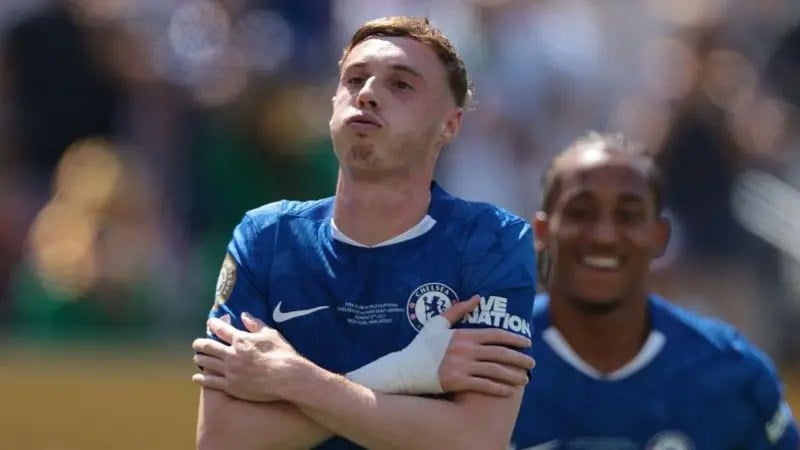
Palmer – the symbol of the new Chelsea
Against a PSG team in good form and having just won the Champions League, Chelsea did not show any weakness. On the contrary, they played energetic football, inspired by Cole Palmer - a name that is currently very popular in the foggy country.
Palmer scored two goals and assisted one for new signing Joao Pedro, helping Chelsea close the final in absolute dominance.
A deft touch and low shot in the 22nd minute was the opening greeting, followed by a finish from the edge of the box to double the lead.
The highlight was a sharp pass for Joao Pedro to chip the ball over Donnarumma's head, sealing the score in the first half.
After the match, Palmer's image was further highlighted as a symbol of a Chelsea resurgence under Enzo Maresca.
For PSG, this defeat left many questions. Despite having a squad that had defeated Liverpool, Man City, Arsenal and Aston Villa to win the European title, the French representative could not gain control over Chelsea.
They missed chances when the match was still even and gradually lost control, both in terms of the game and spirit. The climax was when Joao Neves pulled Cucurella's hair, which resulted in the midfielder being sent off after VAR intervention.
After the final whistle, coach Luis Enrique was caught slapping Joao Pedro in the face during the chaos, forcing substitute Kimpembe to intervene. Enrique later explained that he was only trying to “stop the fight”.
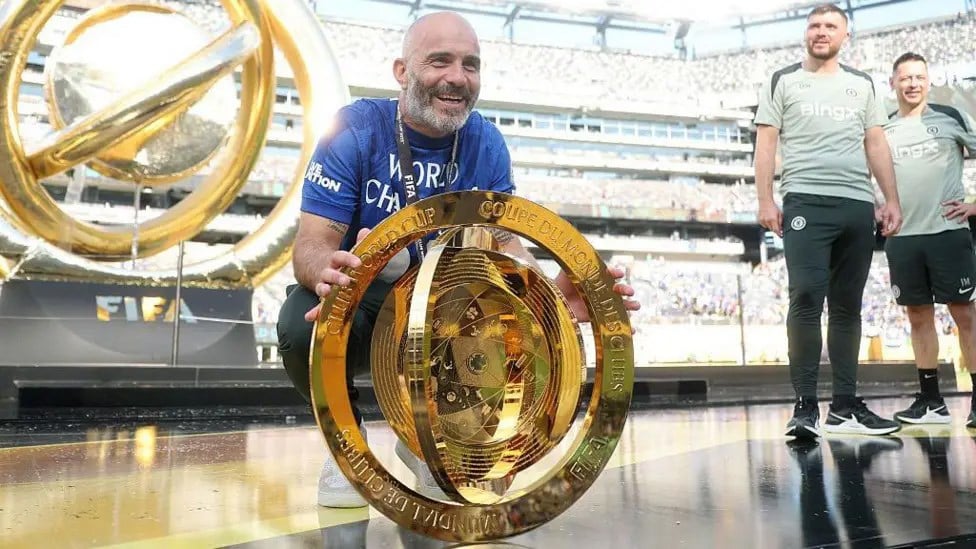
Billion Dollar Bonus: Chelsea Go Big, Auckland City Hits Jackpot
This year’s tournament has a staggering total prize fund of $1 billion (£726 million). Of which:
• 525 million USD divided among 32 participating teams,
• 475 million USD divided by performance.
Chelsea was the biggest beneficiary, taking home around $116 million, while runner-up PSG received around $108 million.
European teams as a whole have an average prize money of around $54 million, thanks to the UEFA coefficient that boosts participation prizes. Meanwhile, South American representatives like Fluminense also pocket an average of around $33 million.
But the biggest shock came from Auckland City, a semi-professional club in New Zealand. With around $4.5 million in revenue, seven times their 2024 revenue (only around $673,000), the Oceanian representative suddenly became a domestic "giant".
However, football finance expert Kieran Maguire warned: “They have so much money now, it’s hard for any team in New Zealand to compete if Auckland City invest in the squad. This is not good for the balance of the league.”
Leverage for summer transfers
Beyond the glory of the title, the Club World Cup also gives many teams more breathing room in the transfer market. With UEFA regulations limiting spending on wages, transfers and agent fees to 70% of revenue, the extra income from the tournament means more spending power.
• Borussia Dortmund, who reached the quarter-finals, recouped more than 65% of their summer transfer spending (around $80 million) thanks to the US tournament, which paid off the deal for Jobe Bellingham from Sunderland ($37 million).
• Chelsea spent around $273 million on players like Joao Pedro and Liam Delap, and have recouped $116 million from the Club World Cup.
• Even though Man City was eliminated from the round of 16, they still earned about 52 million USD, enough to pay for the Rayan Ait-Nouri deal ($43 million) from Wolves.
• Real Madrid also used the bonus to pay around $12 million to buy Trent Alexander-Arnold from Liverpool a month ahead of schedule.
The financial benefits are clear, but there are also concerns. “The accountants are happy, but the fans, players and coaches are not,” Maguire said. “We are approaching a crisis in player welfare. Conflict between owners and players could erupt if this trend continues.”
With the new Club World Cup, club football is entering an era where glory is measured in trophies... and balance sheets.
Source: https://baovanhoa.vn/the-thao/chelsea-dang-quang-club-world-cup-hon-ca-vinh-quang-la-khoan-thuong-ty-do-151865.html



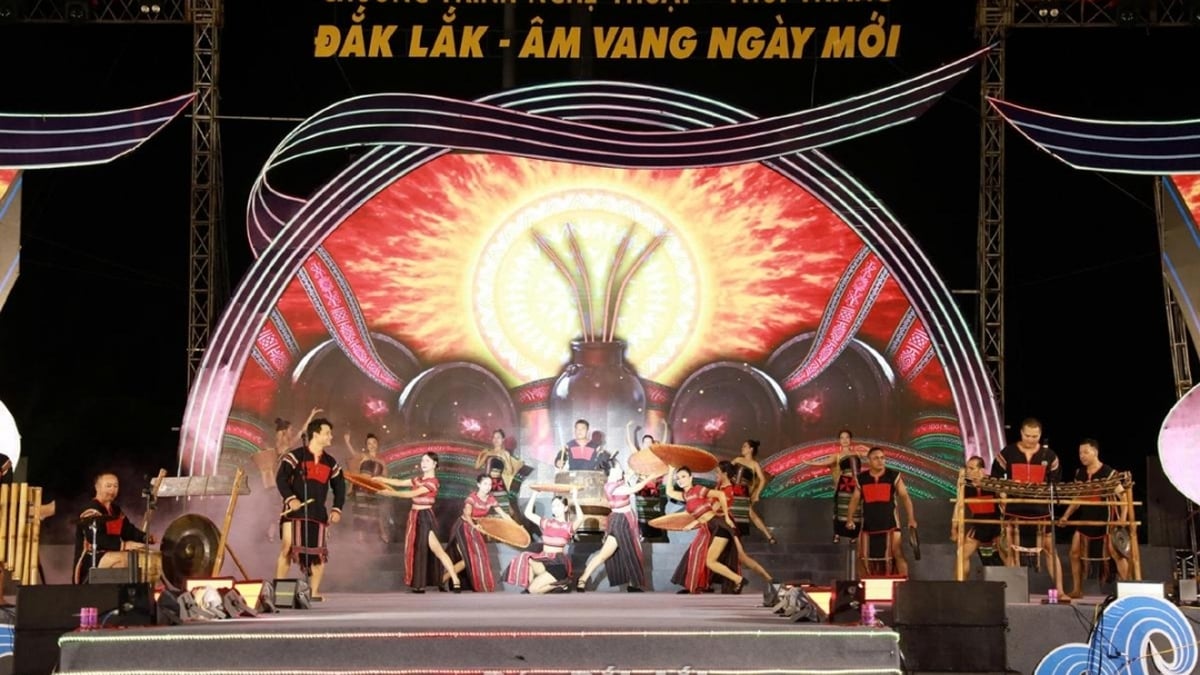

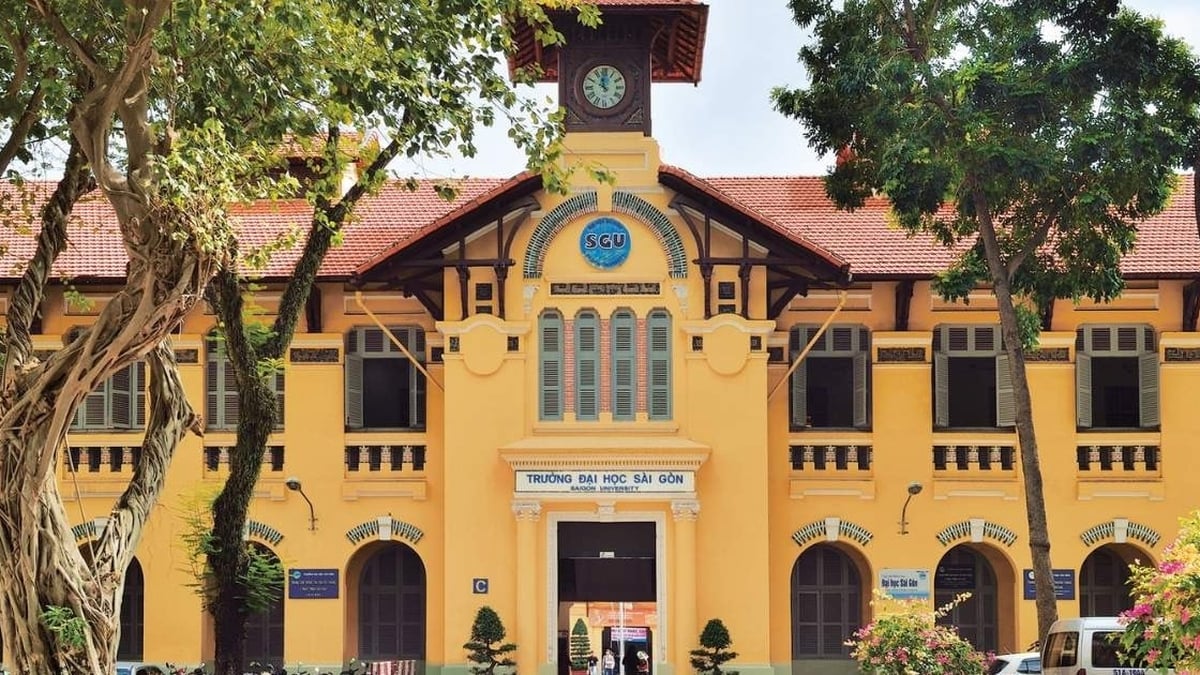
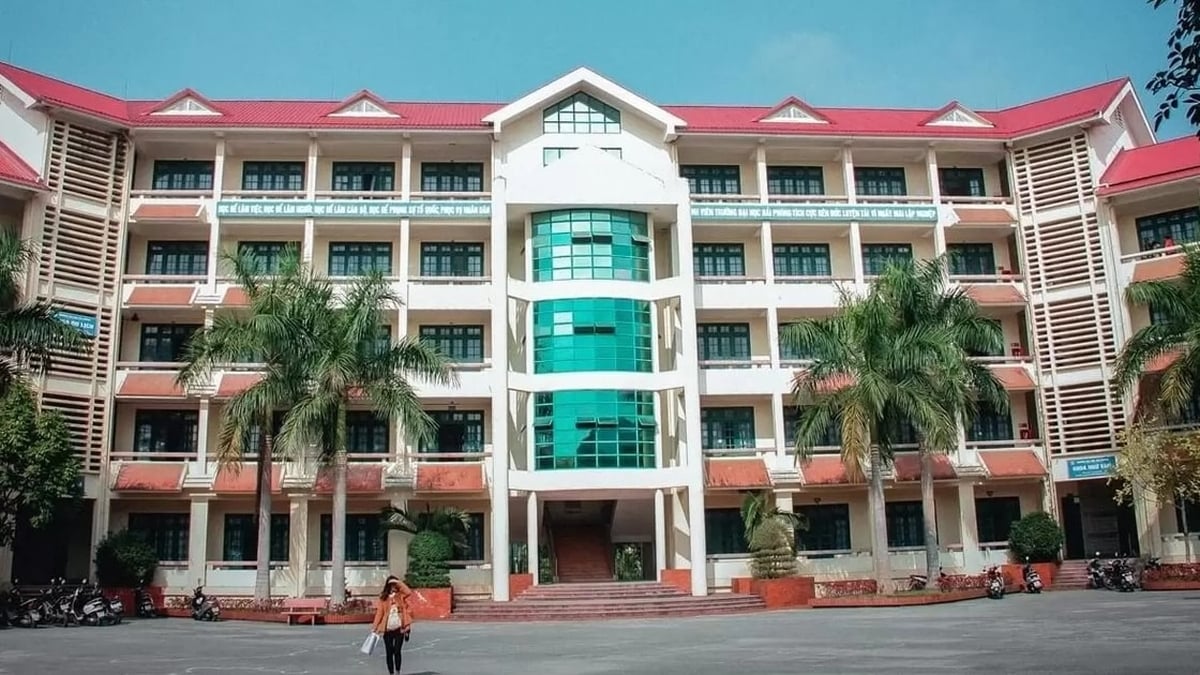



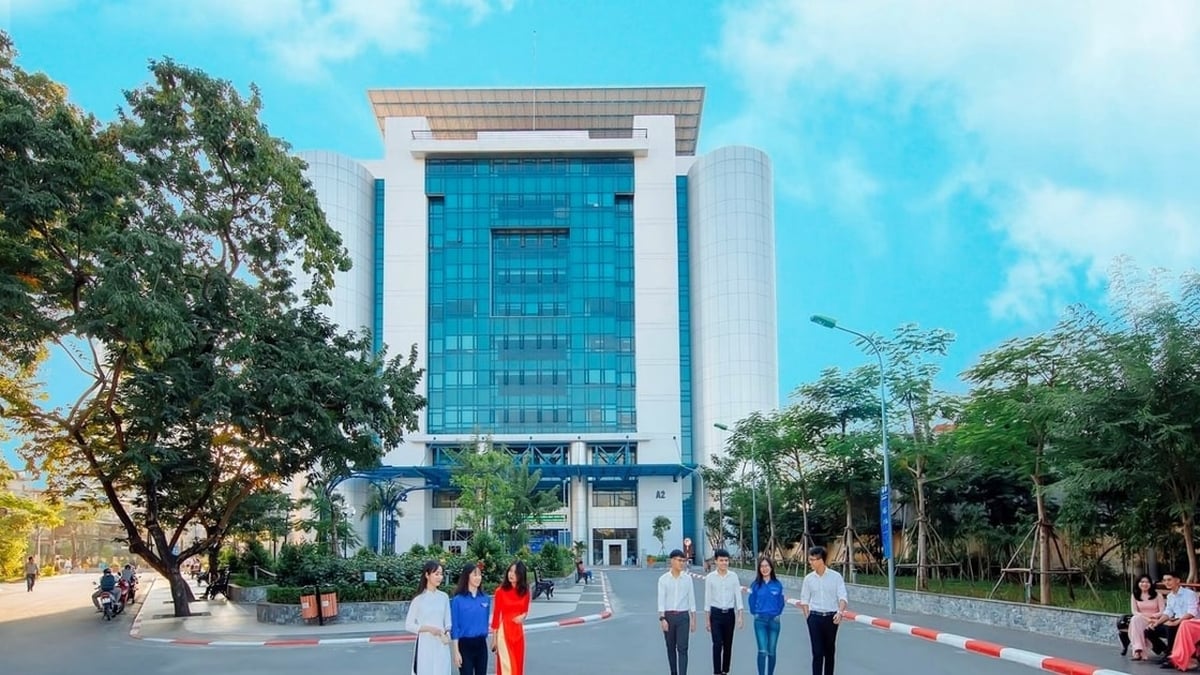
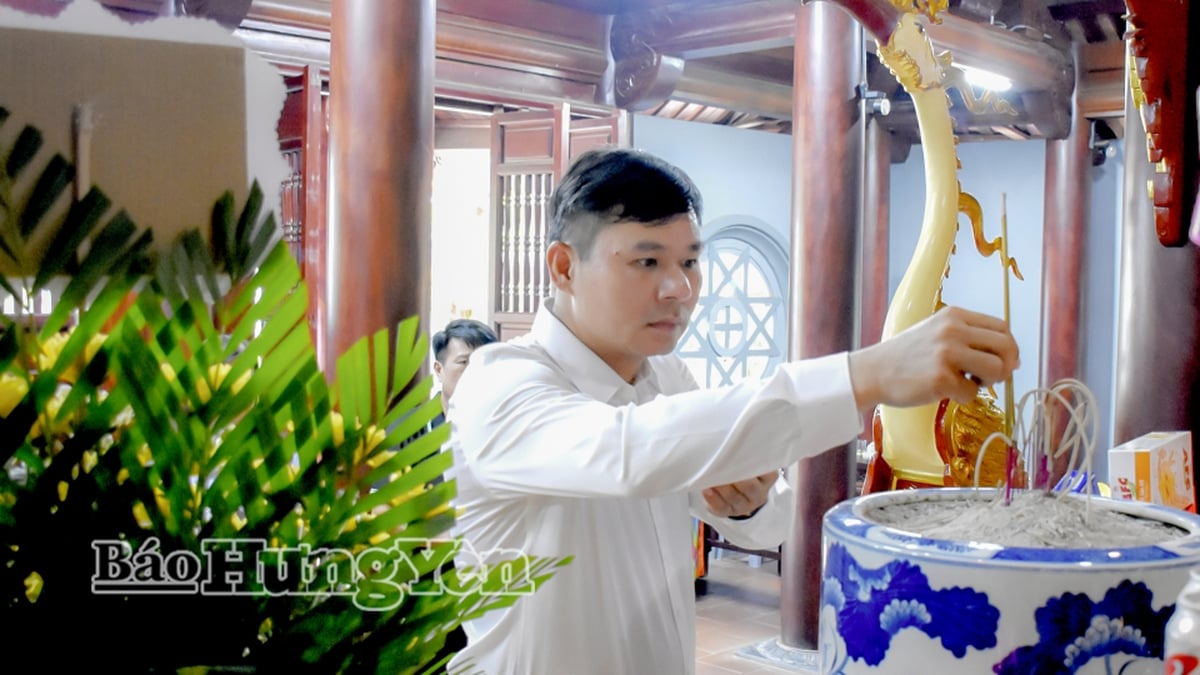





















































































Comment (0)